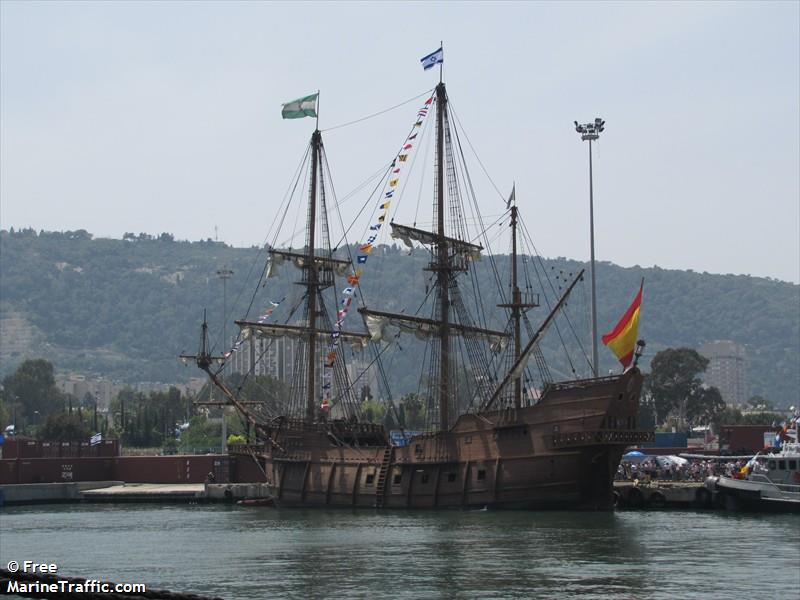Add us to the ranks of Washingtonians who learned a new word
last week. For those who might have
missed it [insert sarcastic face here; I don’t know how you could have missed
it if you’re local; even my friend Krissie as far away as western Australia,
read about it], we experienced a derecho windstorm – thunderstorms with near hurricane-force
winds that came on us with little warning.
They didn’t last very long here, only about 10 minutes for the worst of
it, but those 10 minutes left an amazing amount of destruction. Five days later, there are still a lot of
people without power, and my Facebook feed is filled with pictures of LARGE downed
tree limbs – the scariest pix show those limbs crushing cars or buildings.
So what was it like to experience this storm on the
boat? Surprisingly, relatively
easy. We saw the line of storms
approaching on weather radar and Dan went outside to adjust the docklines. The
first strong gust heeled us hard to port, and despite the dockline adjustment,
we touched the pilings on the downwind side of the slip with a loud creak. The heel was no steeper than had we been
sailing…except, hey! we’re tied up in a slip, sheltered in a marina, not at
sea! Ten minutes of creaking docklines and snapping
canvas, and then it was over. The water
returned to calm and the boat was flat again, and our little world was quiet
except for the sound of light rain.
The aftermath of the storm was relatively easy as well. In general, life on the boat is a little more
complicated than life on land, as we have to be ever-mindful of providing our
own utilities, and power and water and space are all limited. Now, though, the same strategies that work
for us providing our own power and communications at sea or at anchor – “off
the grid” – worked after the storm. Much
of the damage in town came from falling tree limbs. We didn’t have that issue -- there are no
trees out here to fall on boats. Had
power gone out, well, we’re used to making our own power, in our case from
solar. A friend commented that she was
hanging out in the bathroom at Nordstrom’s to charge her cellphone; we power
all our devices with car-type 12-volt chargers which ultimately get their power
from our ship’s batteries and those in turn from the solar panels. Annapolis’ water plant was running on backup
generator power and asked people to conserve water for the first couple of days
after the storm; we generally have 2-3 weeks supply of water in our tanks so
again we were well set. And was it just
in my last post that I talked about how we keep cool?
Hoping most of you have recovered from the storm’s damage
now, and thinking of those that are still working.
= = = =



No comments:
Post a Comment